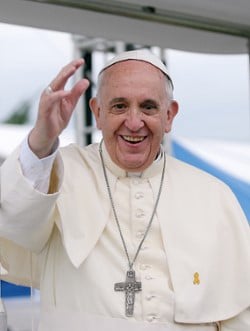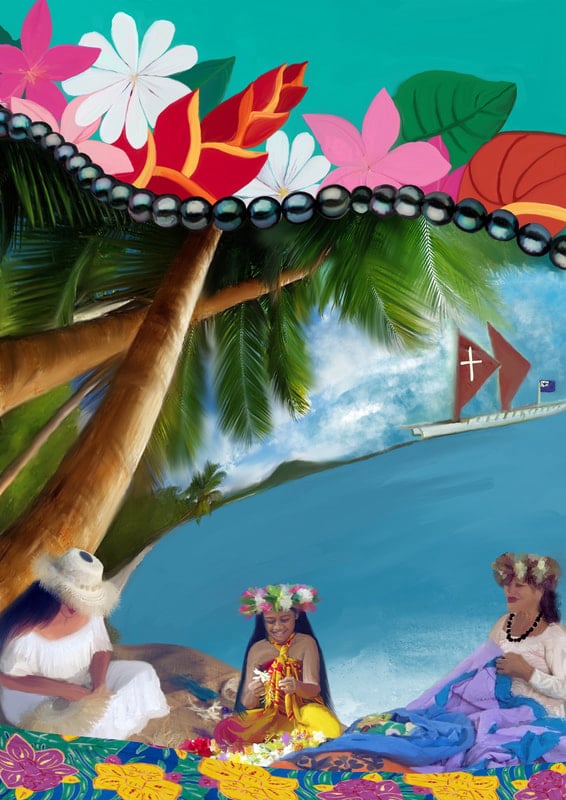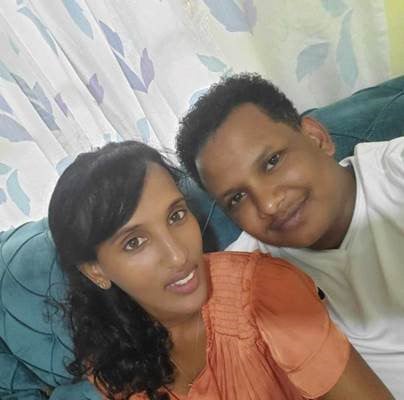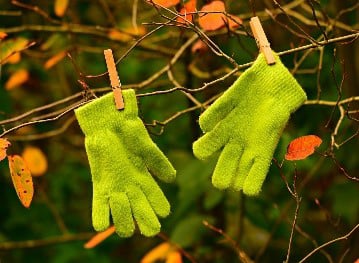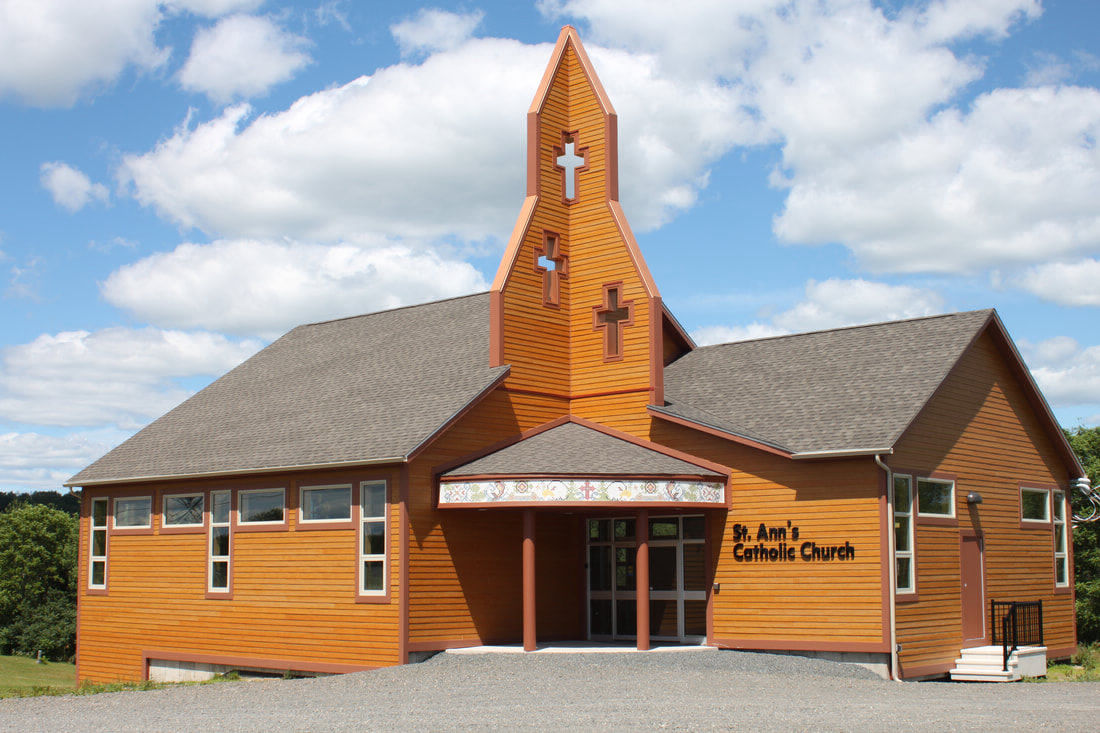“If you’re someone who’s at all concerned about community, family, church, justice, education, culture, or civic issues, you will, no doubt, find yourself at a lot of meetings. A colleague of mine likes to quip: “When they write our history, they’ll simply say, `They met a lot!'”
Indeed, we do. We meet a lot. There are an endless variety of issues that call for our participation in group discussion and community discernment: church issues, education issues, justice issues, moral issues, political issues, social issues, economic issues, and cultural issues. It’s a bottomless well and all those meetings can seem like a huge waste of time and energy, a distraction to real work. Moreover, at a point, we can’t help wondering too: “Are all these meetings changing anything? Would life be any different (other than more leisured and pleasant) if we stopped having all these meetings?” It’s easy to grow tired, discouraged, and cynical about all the meetings we’re asked to attend.
But we should keep something in mind: Pentecost happened at a meeting! One of the central events that shaped Christian history and history in general, happened not to an individual off praying alone or to a monk on a mountain-top or to a solitary Buddha meditating under a tree. None of these. Pentecost happened at meeting, and it happened to a community, to a church congregation assembled for prayer, to a family of faith gathered to wait for God’s guidance. Moreover, it happened in a common room, a meeting room, in one of those humble, church- basement, type of rooms. It can be helpful to remember that. Our search for God should take us not just into private places of quiet and contemplation but, equally, into meeting rooms.
Where Christianity is different from most other world religions is partly on this very point. In Islam, Buddhism, Hinduism, and Taoism, spirit and revelation break into the world very much through an individual, particularly an individual who is deeply immersed in private prayer. God speaks deeply to those who pray deeply.
Christian spirituality and Judaism have no argument with that. We agree. There’s a privileged experience of God that can be had only in private, alone, in silence. To find God, to receive God’s spirit, it’s important that, at times, we pull away from the group, that we set off to the desert,
to the chapel, to the lonely place, the quiet, to be alone with God. We see Jesus do exactly that. Mark’s gospel tells us that when his ministry was most intense, when it was “too busy even to eat”, Jesus pulled away, to be alone for a while. There are times that call for withdrawal and silence. Meister Eckhart once wrote: “There is nothing in the world that resembles God as much as silence.” All good spirituality shares this view.
However, where Christianity and Judaism differ somewhat from some of the other world religions is in our belief that there is an equally privileged experience of God that can be had only in a group, in community, in family, at a meeting. We don’t just meet God in the desert or in the deep quiet parts of our souls. We meet God there, surely, but we also meet God in the group, the community, the family, at the church gathering, at the meeting: “For where two or three meet in my name, I shall be there with them!” In Christian and Jewish spirituality there are two non-negotiable places where we meet God, alone and in the family. These are not in opposition, but complementary, relying on each other to keep our experience of God both deep and pure.
Pentecost, it is important to note, happened to a group at a meeting, not to an individual alone in the desert. That can be helpful to keep in mind when we tire of meetings, despair of their effectiveness, or resent that they pull us away from important private endeavours. The fact that Pentecost happened at a meeting can also be helpful in keeping us focused on why we are going to all these meetings in the first place.
Peter Maurin, Dorothy Day’s initial mentor, used to say: “When you don’t know what else to do, keep going to meetings!” Sound advice! Meetings are the “Upper room”, the place where we wait for Pentecost. And what are we waiting for? Why are we in the upper room, at a meeting? Because we are waiting there, with others, for God to do something in us and through us that we can’t do all by ourselves, namely, create community with each other and bring justice, love, peace, and joy to our world.
And so, we need to go to continue to go to meetings. We need to spend time together waiting for God, waiting for a new outflow of heavenly fire that will give us the courage, language, and power we need to make happen in the world what our faith and love envision.
See you at the meeting!”

